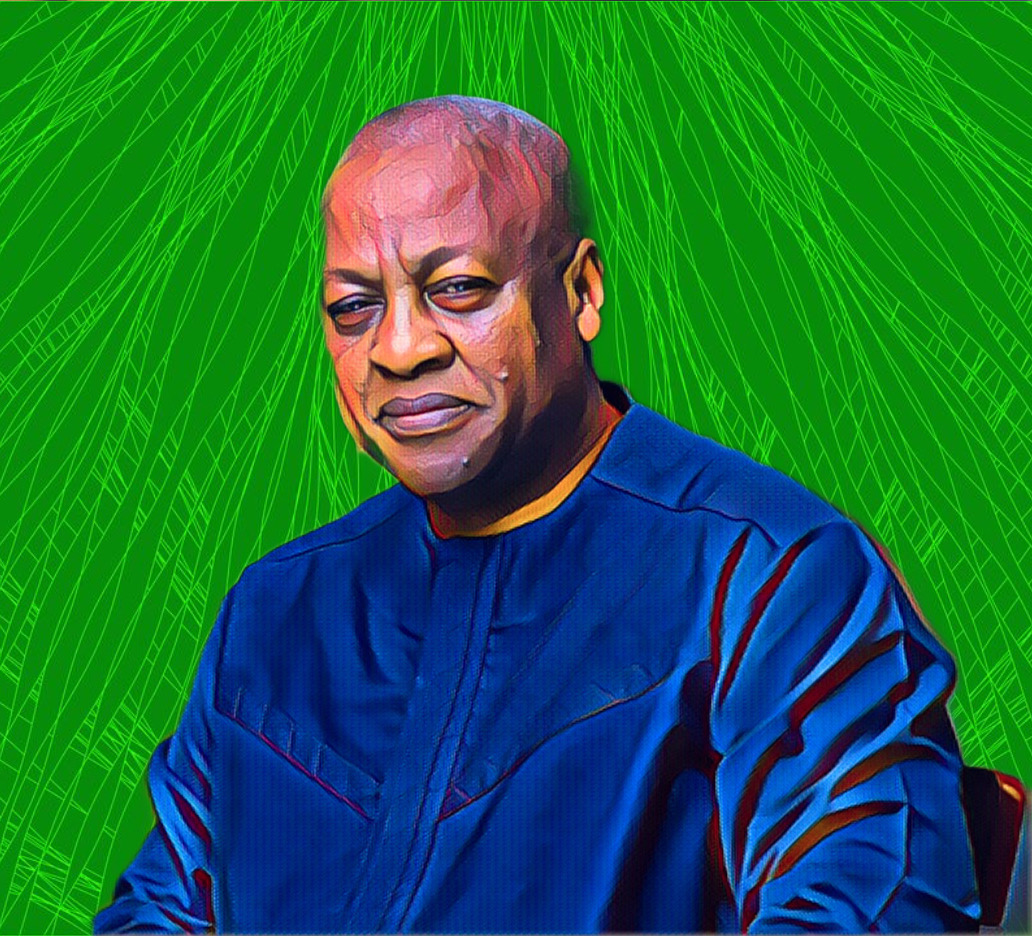KEY POINTS
- Mahama calls for African self-reliance as U.S. aid declines.
- Ghana redirects domestic funds to offset aid shortfalls.
- Regional leaders see donor cuts as a push for independence.
Ghana’s President John Mahama says Africa must seize the moment as foreign aid recedes, turning financial pressure into an opportunity for autonomy.
In an interview following his U.N. speech, Mahama said Washington’s rollback of USAID funding had exposed the continent’s overdependence on donors.
He argued that the decline in Western assistance should compel African economies to adopt structural reforms, diversify exports, and invest in domestic production. “We have learned to adjust,” he said. “And it teaches us to be self-reliant.”
The U.S. cuts, driven by fiscal retrenchment and political isolationism, have already eliminated $156 million in Ghana’s aid for health and education programs. But Mahama says his government has absorbed the shock through budget realignments and prudent spending, even as smaller nations struggle.
Mahama calls for African self-reliance through innovation and trade
Mahama’s administration has launched a broad “Resetting Ghana” plan expanding 24-hour business operations, eliminating online levies, and investing in skills training. The program aims to lift productivity while reducing reliance on imports and aid.
He wants Ghana to move beyond gold and cocoa into refined products and technology-led industries, backed by the African Continental Free Trade Area. “We cannot depend on the generosity of others forever,” Mahama said.
Across the continent, leaders from Zambia to Rwanda share this sentiment. They see the aid decline not as a crisis, but as an inflection point. Analysts say it could redefine Africa’s financial sovereignty and foster deeper intra-African trade.
Still, challenges remain. Many countries spend up to 18 percent of state revenue on debt servicing, four times the rate of European peers. Finally, the solution, experts argue, lies in smarter debt restructuring and new financing tools.




